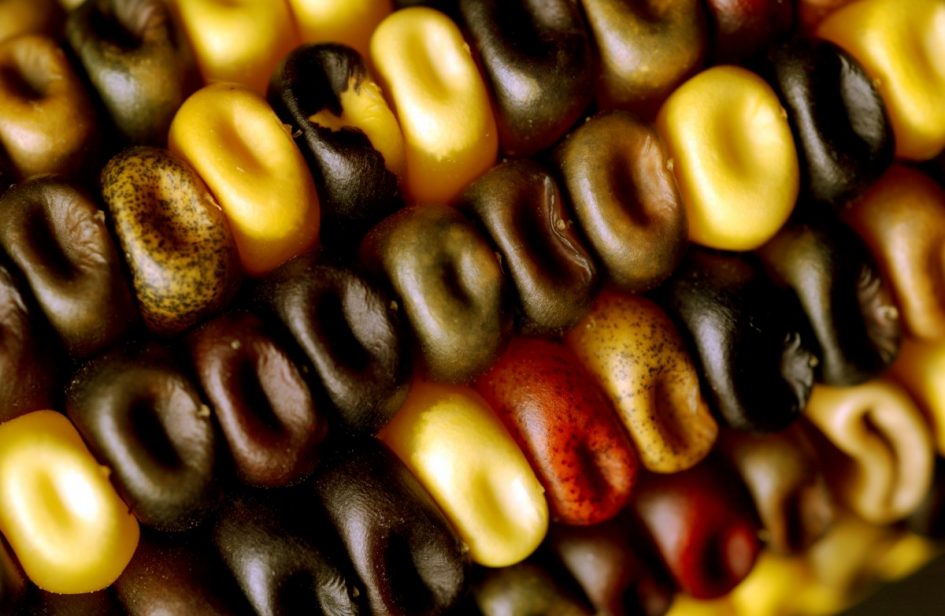For Week One, Meghan and I made lunch and devised Seminar Questions. They are as follows:
Students: Natasha Bynum, Meghan O’Kelley
Materials and Methods (ingredients and recipes): Market Spice Tea (black tea, orange, and cinnamon), 3 sisters soup (onions, garlic, bell peppers, and jalapeno sautéed in a large pot with coconut oil, salt, black pepper, paprika, cumin, cayenne, chili powder, then kidney beans, butternut squash, corn, vegetable broth and canned diced tomatoes added to the pot, brought to a boil, and then reduced to a simmer for an hour or two: no measurements – vibrational!)
Tasting Lab Questions in relation to weekly assigned texts: (Or in winter quarter’s language, “Inquiry for Critical Eating Studies, or The Mouth as Organ of Eating and Speaking”)
“Among some Native American tribes, the milpa system takes the name ‘three sisters,’ bringing together corn, beans, and squash.” (Shiva 2016: 52-53)
“As feminist historian Carolyn Merchant points out, this transformation of nature from a living, nurturing mother to inert, dead, and manipulable matter was eminently suited to the exploitation imperative of growing capitalism… as Merchant writes, ‘One does not readily slay a mother, dig into her entrails or mutilate her body.’” (Shiva 2016: 114)
Please consider as you eat the ‘three sisters’ chili: In the text, Shiva notes the importance of women in the growing and cultivating of food. In your experience, what roles do men and women play in cooking? In eating? What feminine vs. masculine paradigms exist in these activities? Does your experience of taste change as you eat food that you know is prepared by women, and grown organically (and partially locally)?
“In Hale’s Good Housekeeper bread has its own chapter… Bread is, indeed, singled out for praise in the preface: ‘The art of making good bread I consider the most important one in cookery, and shall therefore give it the first place.’” from Racial Indigestion by Kyla Tompkins (Tompkins 2012: 60)
“Alcott also retains and reworks Graham’s fetishization of the woman who bakes bread at home. In the chapter titled ‘Bread and Button-Holes’ Rose decides to learn the domestic arts. Says Dr. Alec,… ‘When you bring me a handsome, wholesome loaf, entirely made by yourself,… I’ll give you my heartiest kiss, and promise to eat every crumb of the loaf myself.’”
from Racial Indigestion by Kyla Tompkins (Tompkins 2012: 133)
Please consider as you eat the bread: How does the bread taste before you read the Tompkins quotes? Does your experience or taste change after eating it in the context of the fetishization of bread baking women?
